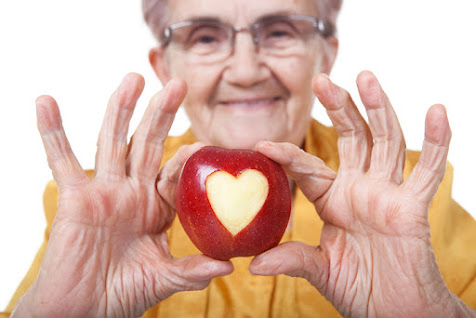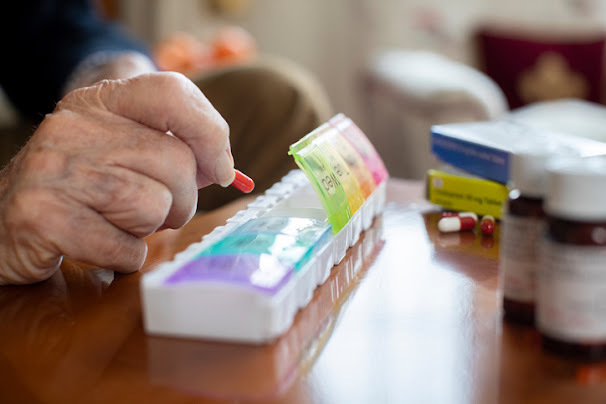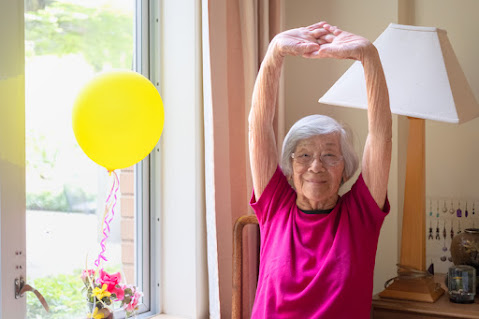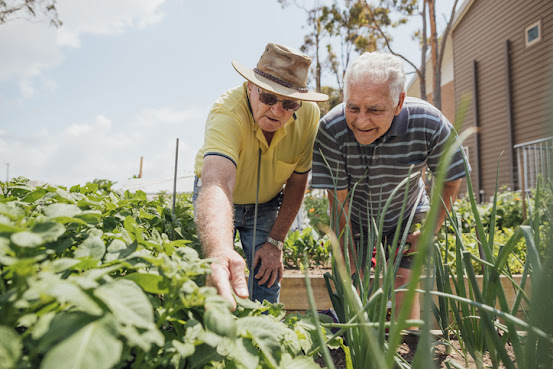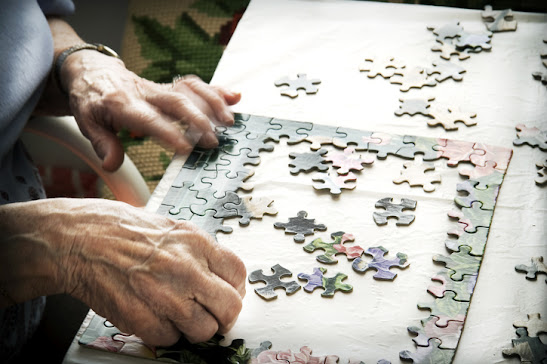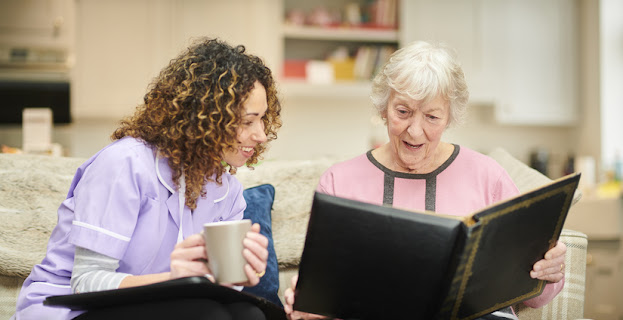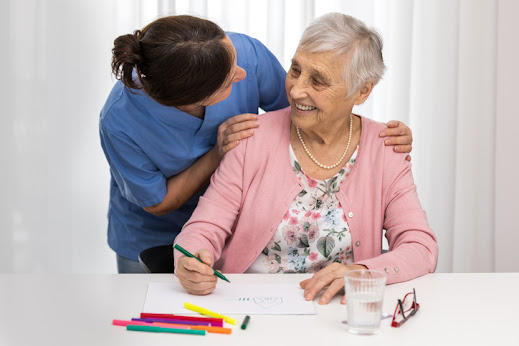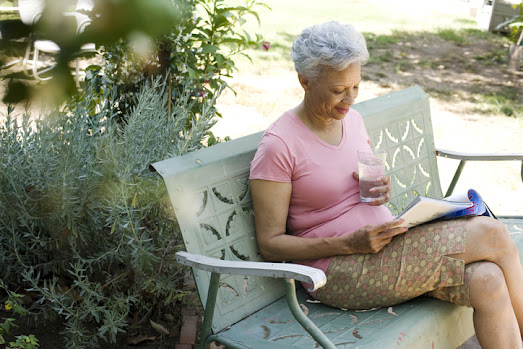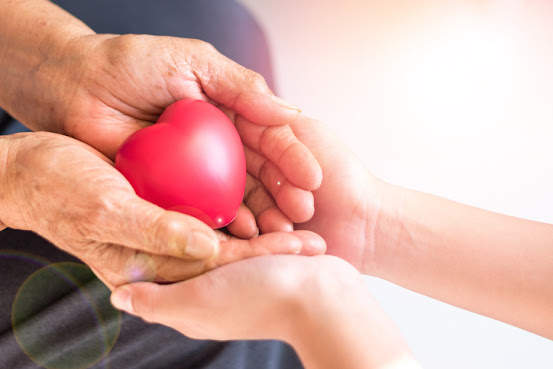World Heart Day is on the 29th of September, and that means it’s the
perfect time for seniors to take charge of their heart health by choosing the
right food! The American Heart Association recommends eating a heart-healthy
diet to help manage high blood pressure and reduce the risk of heart attacks
and strokes, which we know are more common in older adults. Our long-term
care team in Cape May County has put together a list of heart-healthy
foods, as well as a few healthy alternatives to comfort food favorites.
#1 – Fresh
vegetables and fruits
When choosing fruits and vegetables, go for seasonal, local produce
that’s good quality. Your heart will love the extra fiber (which is great for
bowel health too!). The nutrients, vitamins, and minerals found in these foods
will help keep the heart healthy while reducing the risks of high blood
pressure, stroke, heart attack, and high cholesterol.
It’s best to stay away from canned fruit and vegetables, creamy sauces,
and fried or breaded vegetables as these have a lot of extra sugar, salt, and
fat. If you’re looking for a healthy, long-lasting option, frozen fruit and
vegetables are a great choice. You can also cut up and freeze individual
portions to make mealtime easy and reduce waste.
If you’re craving something creamy with your vegetables, enjoy an
avocado, or use natural yogurt or low-fat, low-salt cheeses to make a healthier
sauce.
#2 – Whole
Grains
Whole grains like whole-wheat flour, high-fiber cereals, brown rice,
buckwheat, barley, and oats are more nourishing, tastier, and healthier for
your heart. They help regulate blood pressure and digestion, are versatile to
cook with, and are easy to find in grocery stores.
If you’re craving the sweetness of refined carbohydrates, try to keep
your portion size small and choose the healthiest option you can. We love
making cooked oats for breakfast with grated apple, cinnamon, and a touch of
honey. Making your treats at home means you can control the amount of sugar,
fat, and salt in the food, which is often very high in store-bought products.
Whole grains are also a great excuse to exercise those baking skills and try
your hand at oat cookies, date balls, homemade granola, bran muffins, and
popcorn.
#3 – Lean or plant
protein
The fat in meat is known as saturated fat and is unfortunately very bad
for our hearts, causing high cholesterol and accelerating heart disease.
Luckily, there are some healthier, tasty alternatives out there! Start by eliminating
processed red meats like bacon, sausage, ham, canned meat, and hot dogs, as
these have a lot of salt, fat, and even sugar in them. The next step is to cut
out as much red meat (think steaks, lamb, and pork)as possible. Alternatives
like salmon, skinless chicken, lean pork, and extra lean ground beef can give
you all the flavor and protein you need in your diet, and some (like oily fish)
can even help lower cholesterol!
Of course, you can go a step further and increase the number of
vegetarian or vegan meals you have each week, substituting veggie burgers,
tofu, soy, and vegan products for animal protein. Just be careful to read the
labels on any products you buy, as some popular vegan and vegetarian foods are
also high in salt and fat.
#4 – Healthy
desserts
Unfortunately for those who have a sweet tooth, it’s time to cut down on
all that sugar. In the U.S., the average adult consumes as much as 22 teaspoons
of sugar a day, which is harming our health. While the occasional treat is not
off the menu, it’s important to be more aware of how much sugar is in our
diets.
Sugar dramatically increases the risks for type 2 diabetes, which puts
your blood vessels and heart under severe strain. It also increases our risks
of being obese by spiking our blood sugar levels rather than keeping them
constant, stopping our bodies from breaking down fats, lowering levels of
healthy cholesterol, and increasing blood pressure.
It can be challenging at first, but get into the habit of reaching for
fresh berries and fruit when you’re craving sugar. You can also keep your sugar
intake down with healthy sweeteners and small portion sizes. A few low-sugar,
natural alternatives to your favorite sweet treats are banana-based ice cream,
fresh smoothies, dark chocolate, and avocado chocolate mousse.
At UMC at The Shores, an assisted
living community in South Jersey, we take a holistic approach to caregiving
that supports a full and independent life for all seniors. We care deeply about
each person in our care with our focus on active, healthy aging through regular
fitness classes and nutrient-rich meal preparation.
For more information on our health and nutrition services in South
Jersey, please contact us today or visit our website at https://theshores.umcommunities.org/
Original content posted on https://theshores.umcommunities.org/the-shores/4-heart-healthy-foods-for-seniors/
